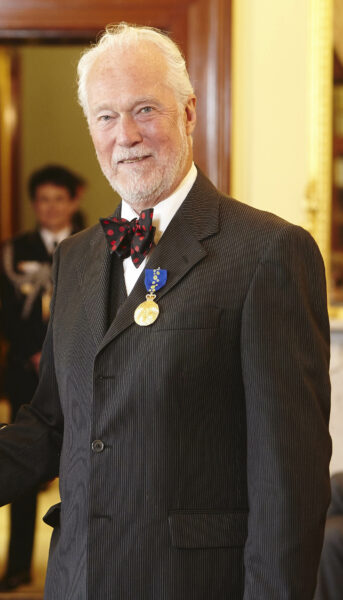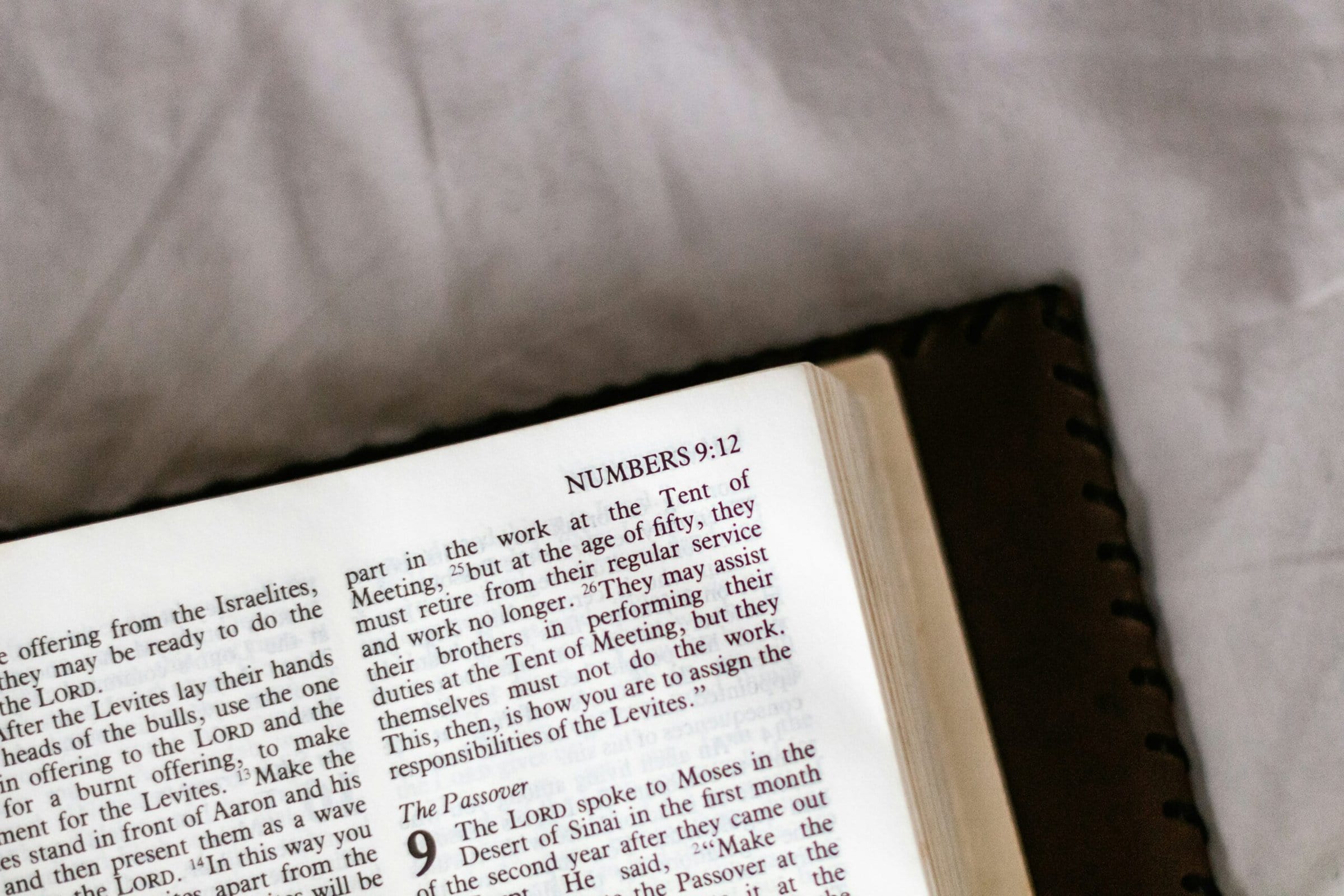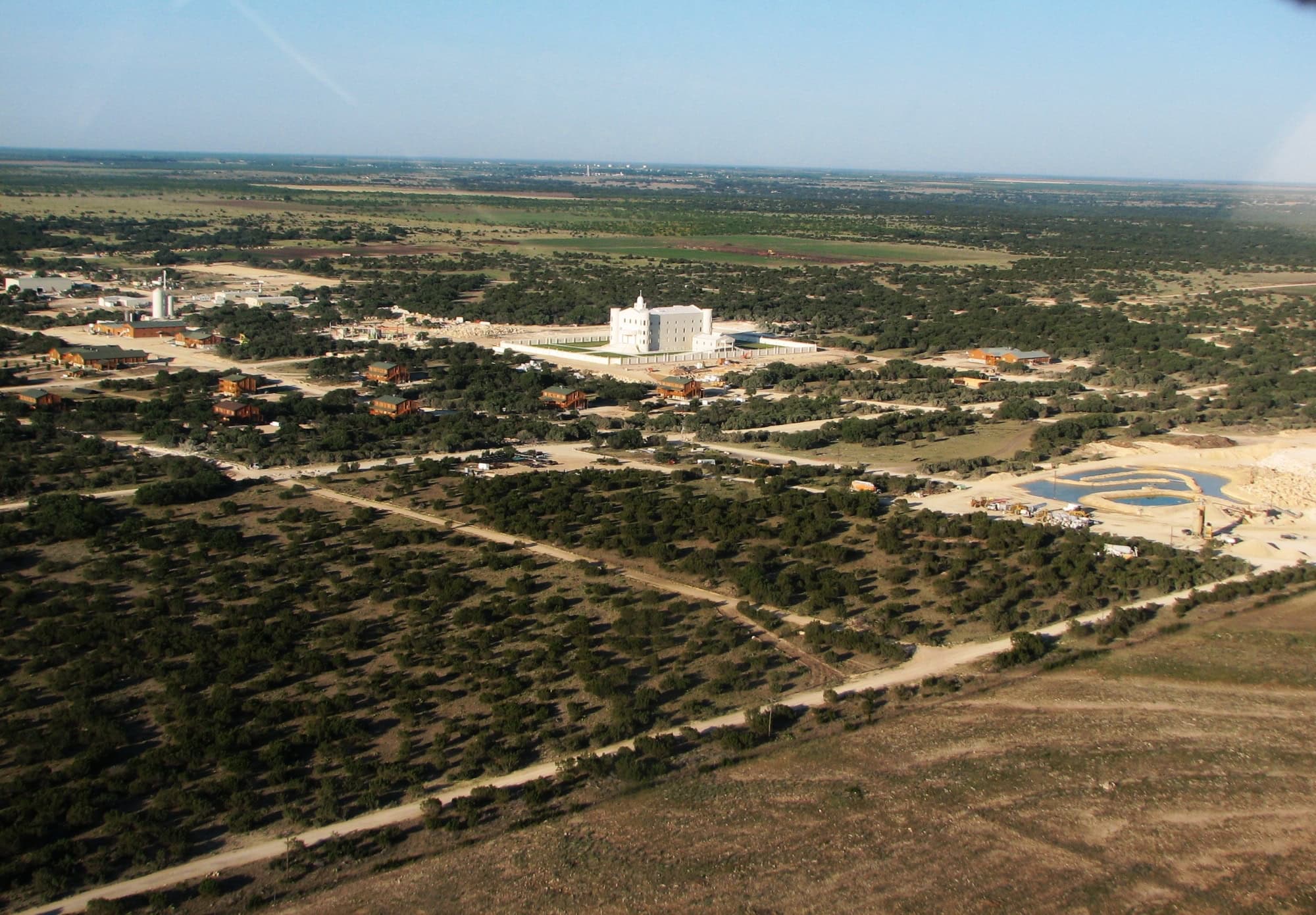Norman Etherington is an emeritus professor at the University of Western Australia. He lives in Adelaide, South Australia, Australia, and has been a member since 1975.

Government House, South Australia
Alma maters: BA, Yale College, 1963; MA, Yale University, 1966; MPhil, Yale University, 1967; PhD, Yale University, 1971
Fields of interest: European imperialism, southern Africa, British Empire and Commonwealth
Describe your career path. What led you to where you are today?
In 1968 I received a job offer from the University of Adelaide via my thesis adviser. I was offered a position as chair of history at the University of Western Australia in 1988.
What projects are you currently working on?
I am working on a sequel to my previous book: A New History of Southern Africa, 1854–1912.
Have your interests evolved since graduation? If so, how?
I trained as a specialist in British imperial history, but did a thesis on missionaries in southern Africa. That enabled me to get in almost on the ground floor of African history as a distinct discipline. Later the return of interest in empire enabled me to bring the two main strands of my research together. Christian missions has also burgeoned as a field, with the result that I was commissioned to edit the Oxford History of the British Empire volume on Missions and Empire.
In addition to my academic work I have been associated for the last 50 years with heritage preservation in Australia, as a member of the Heritage Council of Western Australia; chair of the History Trust of South Australia; president of the National Trust of South Australia; and alderman of the City of Adelaide. I have also come to enjoy the special character of the historical profession in Australia, especially during my term as president of the Australian Historical Association.
What’s the most fascinating thing you’ve ever found at the archives or while doing research?
An uncatalogued volume in the archives of KwaZulu/Natal, South Africa, containing the applications of Africans seeking exemption from Native Law. This enabled me to delineate their educational and economic achievements, familiy ties, and most of the information most coveted by social historians.
Is there an article, book, movie, blog etc. that you could recommend to fellow AHA members?
Nobel Prize winner Olga Tokarczuk’s recent historical novel The Books of Jacob, which, like Norman Davies’s books on Poland, shifts the reader’s perspective to a latitude running from eastern Europe down to Istanbul in the 18th century. The West looks as different from that vantage as from southern Africa.
What do you value most about the history discipline?
Most social sciences seek to see the future by discerning patterns. Engineers ask the question: “How does this work?” Historians have their own peculiarly valuable question: “How did this thing come to be?” It helps us to better understand the messy and contingent nature, not only of human society, but also the natural world.
Why is membership in the AHA important to you?
Keeping up with the AHR.
AHA members are involved in all fields of history, with wide-ranging specializations, interests, and areas of employment. To recognize our talented and eclectic membership, Perspectives Daily features a regular AHA Member Spotlight series.
This work is licensed under a Creative Commons Attribution-NonCommercial-NoDerivatives 4.0 International License. Attribution must provide author name, article title, Perspectives on History, date of publication, and a link to this page. This license applies only to the article, not to text or images used here by permission.



